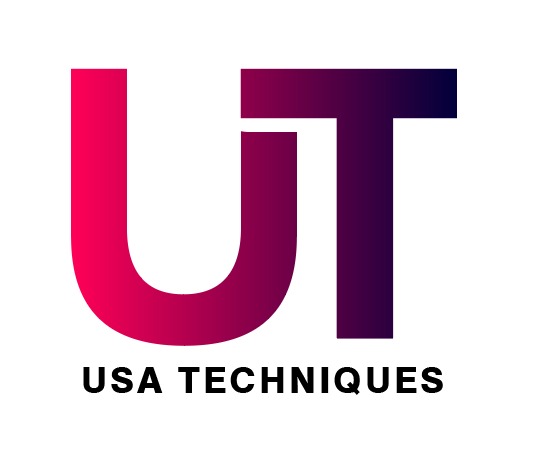The National Book Award for fiction went to Justin Torres’ bold and illustrated novel “Blackouts,” which tells the story of a suppressed study of gay sexuality through a combination of history and fantasy.
Ned Blackhawk’s “The Rediscovery of America: Native Peoples and the Unmaking of U.S. History” took home the nonfiction prize on Wednesday night, while Dan Santat’s “A First Time for Everything” won for young people’s literature. Craig Santos Perez’s “from incorporated territory (åmot),” the fifth piece in his series about his native Guam, was cited for best poetry, and Stênio Gardel’s “The Words That Remain,” which Bruna Dantas Lobato translated from Portuguese, took home the prize for literature in translation.
After giving a brief acceptance speech, Torres—whose book, “Sex Variants,” imagines a discourse between a dying man and the young companion he teaches about a true history—was joined by more than a dozen candidates to deliver a statement regarding the Israel-Hamas war. The statement, which was read by fiction nominee Aaliyah Bilal, demanded a humanitarian cease-fire and denounced the “ongoing bombardment of Gaza,” antisemitism, anti-Palestinian sentiments, and Islamophobia. After Bilal concluded, there was a standing ovation for the authors.
Because Zibby Media was worried the declaration would be antisemitic and anti-Israel, they withdrew their support.
During the dinner ceremony at Cipriani Wall Street, Oprah Winfrey delivered an emotional keynote address and honored poet Rita Dove
Each of the five competitive categories’ winners took home $10,000.Unofficial themes of the evening included self-expression, voices raised and muted, and how literature can, in Dove’s words, call the voice of our “unarticulated disturbances.”
LeVar Burton, who hosted the event, and Winfrey, who represents the right to read, serve as the embodiments of words and the National Books Awards. As a longstanding supporter of reading, Burton expressed amazement that Winfrey and himself, who were both born into slavery, could go on to become “symbols for literacy, literature, and the written word.”
Seated over dinner with book club picks Abraham Verghese and Jesmyn Ward, Winfrey broke down in tears as she talked about her lifelong love of words and admiration for writers.
She criticized individuals who impose book bans, citing beloved novels like Alice Walker’s “The Color Purple” and Barbara Kingsolver’s “Demon Copperhead,” and compared censorship to locking people in “soulless echo chambers.”
According to Winfrey, books have to be accessible to “everyone to choose for themselves.”
The National Book Foundation, which is in charge of the event and offers a variety of public and educational initiatives, raised more than $1 million from the hundreds of attendees who came to the National Books Awards. Publishers submitted almost 1,900 works for the competitive categories, and judges from the literary community, including booksellers, choose the finalists and winners.
In addition, the National Book Awards are a literary celebration that frequently touches on current affairs. Examples of this include the 2016 ceremony’s major topic of discussion, the election of former President Donald Trump, and the support badges some attendees wore for HarperCollins Publishers’ striking employees last year.
The book foundation fired Wednesday’s original host, Drew Barrymore, in September after she decided to continue taping her talk show while the Hollywood writers’ strike was still in effect. According to the book foundation, Book of the Month and Zibby Media both declined to attend the ceremony, but only Zibby withdrew its financial support. The choice was made prior to Zibby Media’s exclusion from the program guide, which classified the business as a “bronze” supporter with contributions ranging from $25,000 to $49,000.
In the guide, a full-page advertisement for Zibby was placed next to a full-page advertisement for Simon & Schuster that promoted Bilal’s tale collection “Temple Folk.”
Several of the winners discussed how they used literature to represent and promote their own communities, whether it was the Pacific Islanders in Perez’s poetry or the Native Americans in Blackhawk’s historical writings.
The fiction nominees, whether it be Adjei-Brenyah’s “Chain Gang All-Stars: A Novel,” Nana Kwame’s “Brutalized Prisoners,” Paul Harding’s “This Other Eden,” or the Nation of Islam members in “Temple Folk,” were themselves a kind of collective statement, dramatizing those who were marginalized or oppressed.
One goal of fiction, according to nominee Hanna Pylväinen, is to demonstrate that “no matter what the community” we could “be any one of those people and that we can see how those people got to be where they were in their lives.” Pylväinen’s book “The End of Drum-Time: A Novel” partially centers on the Indigenous Sami of 19th generation Scandinavia.
During her address, Winfrey mentioned that literature can help us connect with people we might not otherwise “have anything in common with.” The late Toni Morrison was then quoted by her, saying, “The purpose of freedom is to free someone else.”
